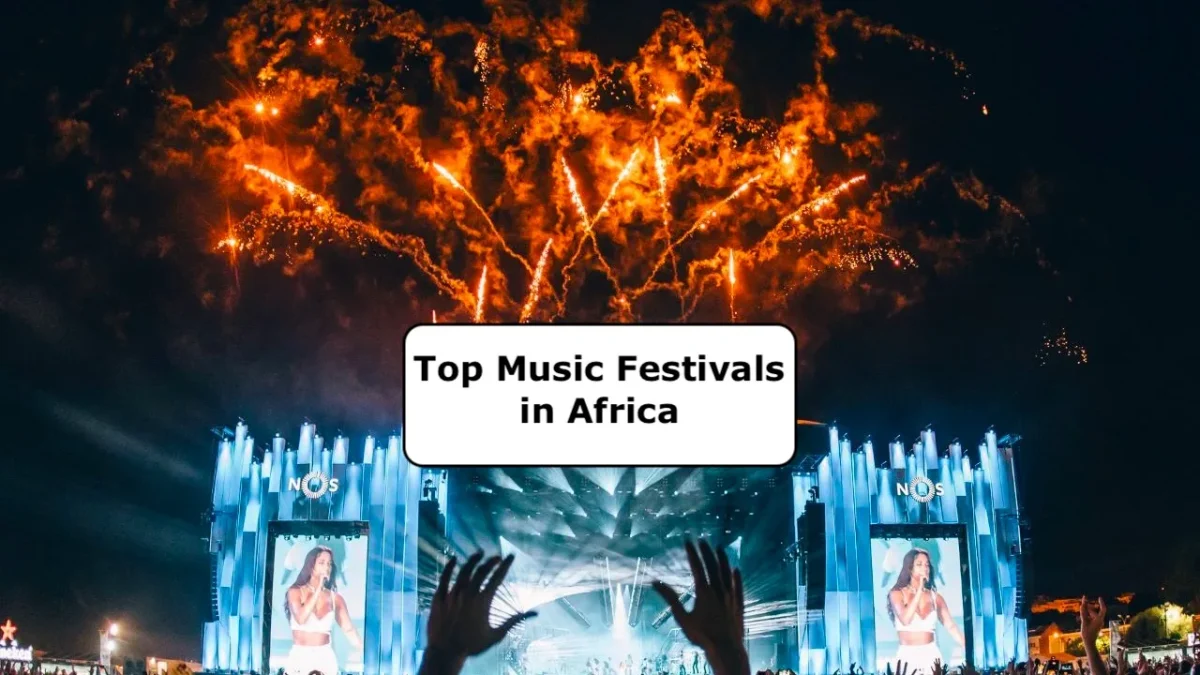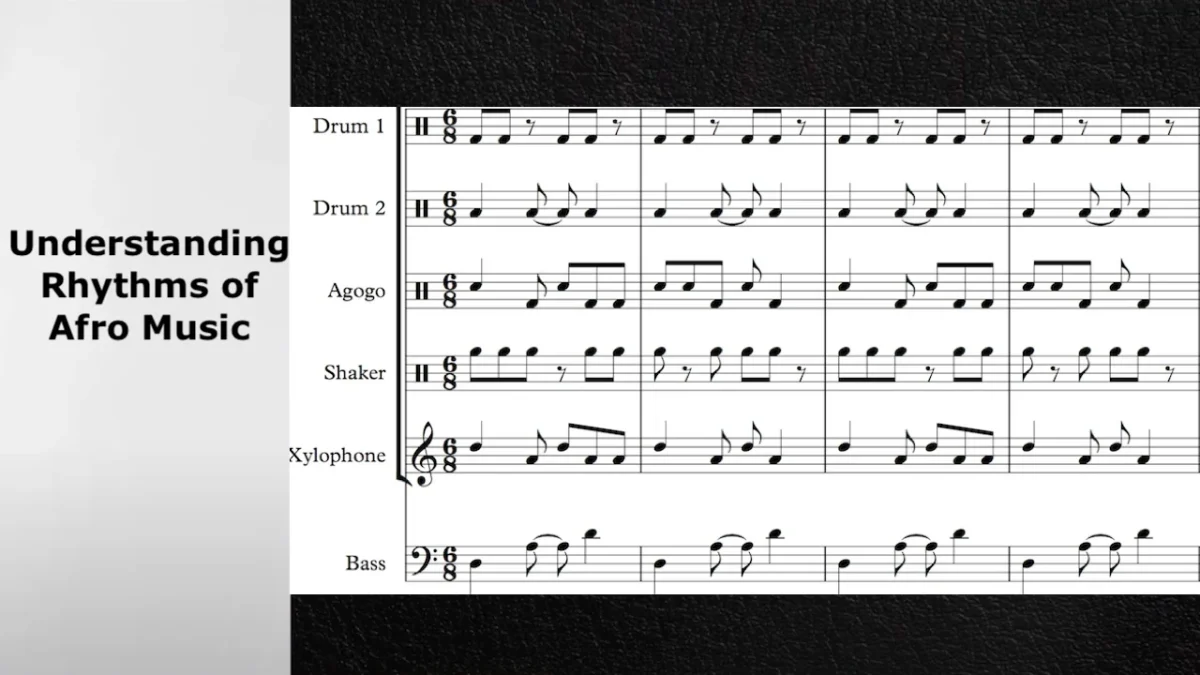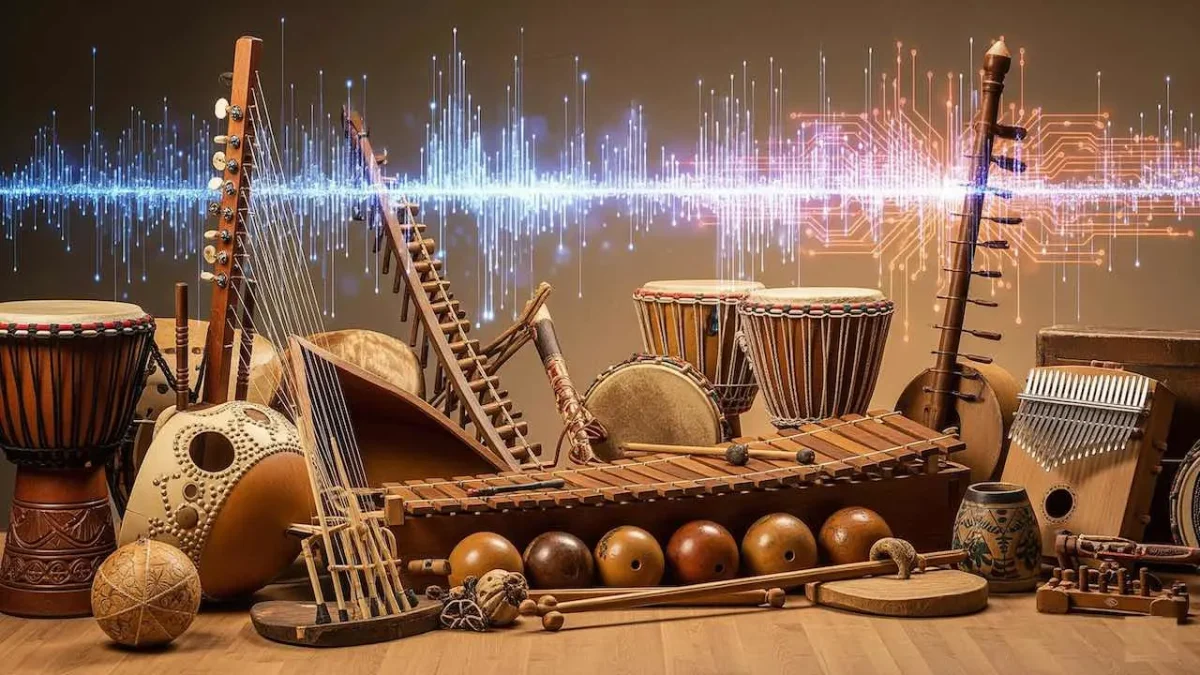
Top Music Festivals in Africa
Africa hosts world-class music festivals celebrating Afrobeats, traditional sounds, and contemporary genres across the continent. Major festivals like Sauti za Busara, AfroNation, and Hey Neighbour showcase diverse African music throughout the year, attracting global audiences and featuring international headliners alongside local talent.
Premier African Music Festivals Worth Attending
African music festivals represent cultural celebration and artistic excellence. The continent’s most respected events have been attracting music fans for over 20 years, creating platforms for both emerging and established artists to showcase their talent.
Sauti za Busara Festival
Sauti za Busara, meaning “Sounds of Wisdom” in Swahili, takes place every February in Zanzibar, Tanzania. The festival runs from February 13-16 and focuses on East African music, promoting cultural heritage through live performances, workshops, and street parades.
Busara Promotions, a non-profit NGO, organizes this annual celebration that attracts people worldwide to experience the wealth and diversity in African music. The event takes place in Stone Town’s historic Old Fort, creating an atmospheric backdrop for musical performances.
AfroNation Festival
AfroNation celebrates its fifth anniversary as a defining force in global African music culture, taking place in Portimão, Portugal from July 9-11. The festival serves as more than entertainment, functioning as a celebration of African creativity where amapiano basslines and dancehall grooves unite audiences.
This festival has become a global destination for African music lovers, featuring top-tier international acts and showcasing the continent’s musical influence worldwide.
Hey Neighbour Festival
Hey Neighbour will feature Doja Cat performing in her South African motherland for the first time when she headlines in December. This South African festival represents the growing international recognition of the continent’s music scene.
Regional Music Festival Highlights
Different African regions host festivals throughout the year, creating a continuous celebration of music and culture. Ghana hosts PANAFEST during July and August while Morocco’s Fes Sacred Music Festival brings the country to life in May.
| Festival Name | Location | Typical Dates | Music Focus |
|---|---|---|---|
| Sauti za Busara | Zanzibar, Tanzania | February 13-16 | East African Music |
| AfroNation | Portugal/Ghana | July 9-11 | Afrobeats, Amapiano |
| PANAFEST | Ghana | July-August | Pan-African Music |
| Fes Sacred Music | Morocco | May | Sacred World Music |
| Hey Neighbour | South Africa | December | Contemporary African |
North African Music Celebrations
Morocco stands out as a festival destination with multiple events. Casablanca hosts festivals from July 3-12, while Essaouira celebrates from October 1-5. These events blend traditional North African sounds with contemporary global influences.
South African Festival Scene
Cape Town hosts major festivals throughout the year, with events scheduled for October 25-26 and February. South Africa’s festival circuit attracts both local and international artists, creating diverse musical experiences for attendees.
What Makes African Music Festivals Special
African music festivals combine authentic cultural experiences with world-class entertainment. These events showcase traditional instruments, contemporary beats, and fusion genres that represent the continent’s musical evolution.
Cultural Heritage Preservation
Festivals serve as platforms for preserving African musical traditions while encouraging innovation. Artists perform traditional songs alongside modern interpretations, creating bridges between generations of music lovers.
Economic Impact and Tourism
Music festivals boost local economies through tourism, accommodation bookings, and cultural exchanges. International visitors experience African hospitality while supporting local communities and businesses.
| Festival Benefits | Cultural Impact | Economic Effect | Artistic Value |
|---|---|---|---|
| Artist Development | Heritage Preservation | Tourism Revenue | Creative Collaboration |
| Global Recognition | Community Unity | Job Creation | Genre Innovation |
| Cultural Exchange | Identity Celebration | Business Growth | Talent Discovery |
Planning Your African Music Festival Experience
Attending African music festivals requires advance planning for accommodation, travel arrangements, and festival tickets. Popular events sell out quickly, especially those featuring international headliners.
Best Times to Visit
Festival seasons vary across Africa, with different regions hosting events throughout the year. February brings Sauti za Busara in Tanzania, while summer months feature multiple festivals across West and South Africa.
Travel and Accommodation Tips
Book accommodation early, as festival periods see increased demand in host cities. Many festivals work with local hotels and guesthouses to provide special packages for attendees.
People Also Ask
AfroNation ranks among the largest African music festivals globally, attracting tens of thousands of attendees and featuring major international acts alongside African artists.
African music festivals occur year-round, with peak seasons during dry months. February through August sees the highest concentration of major festivals across the continent.
Yes, African music festivals welcome international visitors and often provide English-language information, international food options, and cultural orientation for foreign attendees.
Ticket prices vary widely, ranging from affordable local events to premium international festivals. Early bird tickets typically offer significant savings compared to gate prices.
Frequently Asked Questions
African music festivals showcase diverse genres including Afrobeats, amapiano, traditional folk music, jazz, gospel, and contemporary fusion styles that blend African rhythms with global influences.
Vaccination requirements depend on the destination country and your origin. Consult healthcare providers and check embassy websites for current health recommendations before traveling.
Many festivals accept volunteers, particularly events organized by non-profit organizations like Sauti za Busara. Volunteer opportunities often include cultural exchange components and behind-the-scenes experiences.
Some festivals provide camping facilities, while others partner with local accommodation providers. Urban festivals typically rely on hotel and guesthouse partnerships rather than camping options.
Pack comfortable walking shoes, sun protection, light clothing for hot climates, rain gear for certain seasons, and any necessary medications. Many festivals provide equipment rental for camping needs.



